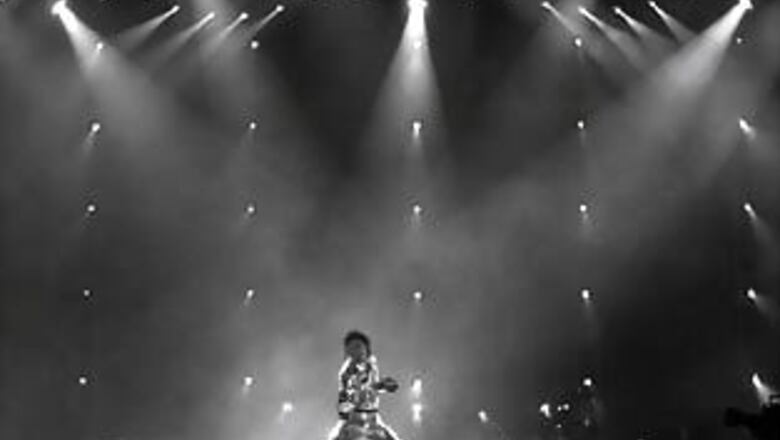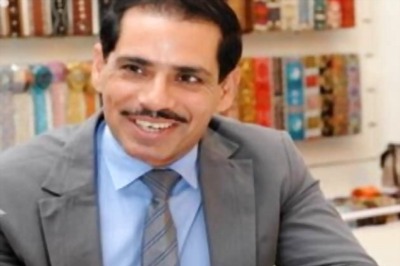
views
The 1960s was a good decade for the single in the music world. Bands would release one song they thought would get the listeners hooked and would persuade them to buy the album which had six to 10 songs more. Take 1967 as an example: People are Strange and Love Me Two Times by The Doors, Van Morrison’s Brown Eyed Girl, Pink Floyd’s Arnold Layne were all in the top 10 charts.
By the 1970s though, the single died out. Music studios wanted bands to release albums and that’s what the bands did. Then Apple unleashed the iPod and suddenly singles were popular again.
You could get a single for just 99 cents compared to spending $15-$20 for an entire album. In 2006, 352.7 million songs were sold online according to Nielsen SoundScan. In 2007, iTunes sales increased 27 per cent. But bands were still releasing albums because the studios told them to.
In 2009, one band abandoned the album. British rock band Radiohead will only release singles henceforth. The eventual demise of the album and its transfiguration to a museum space is the next big setback to hit the music industry after illegal Internet downloads.
But Apple still doesn’t allow the Indian market to buy songs via iTunes. “India is a 100 per cent singles market,” says independent music composer, Ram Sampath.
Sampath believes that after Gulzar and R D Burman, there have been no huge artistes who could stimulate album sales.
He says the industry’s growing obsession with producing music videos and ignoring song writing signals the imminent death of the albums.
Music label Saregama has HamaraCD, a concept which allows users to make their own albums comprising different songs in the label’s catalogue. Hungama.com follows a similar model where it allows pay-per-track model, nullifying the importance of an album. “Why should you force yourself to create 10 songs when you know that only three of them will actually work?” asks Atul Churamani, vice-president, Saregama.
He affirms the music industry is prepared for the eventuality when studios would stop releasing 10-song extravaganzas and stick to slick singles.
However, the album’s demise could also mean the end of live concerts. “All the biggest bands of the past have been made icons through their albums. And if albums die, there is a certainty that big live shows will just follow,” says Sampath.
Churamani says an artist should have a volume of music to make the live event a success. If the there was no body of work by a single artist, the music companies would be unable to keep up with the evolving business model which functions around revenue sharing agreements with artistes for live performances.
“They [artists] can always go in for cover versions and this can be a huge hit,” is Churmani’s solution.
As fame grew so did musicians’ egos and the performers morphed into modern musical philosophers. Now, they are back to doing what they were really supposed to be good at - being plain old performers.


















Comments
0 comment